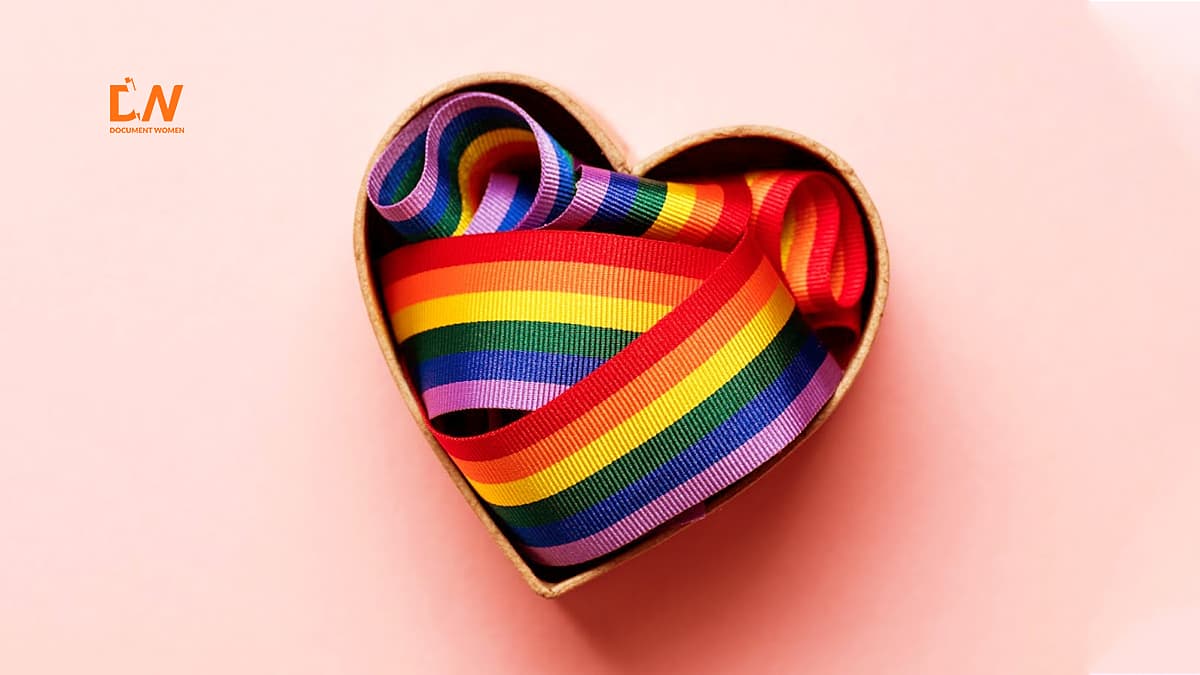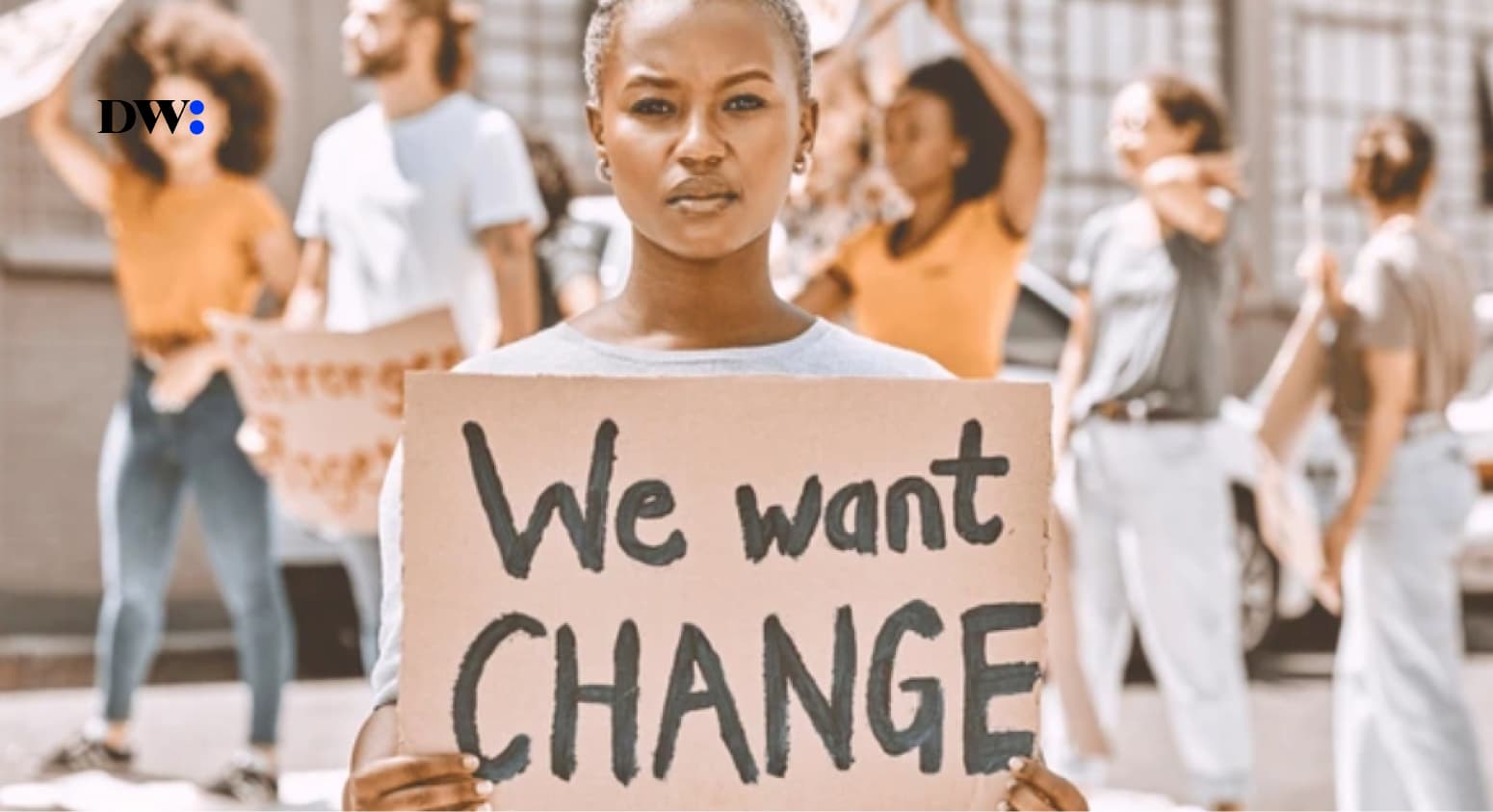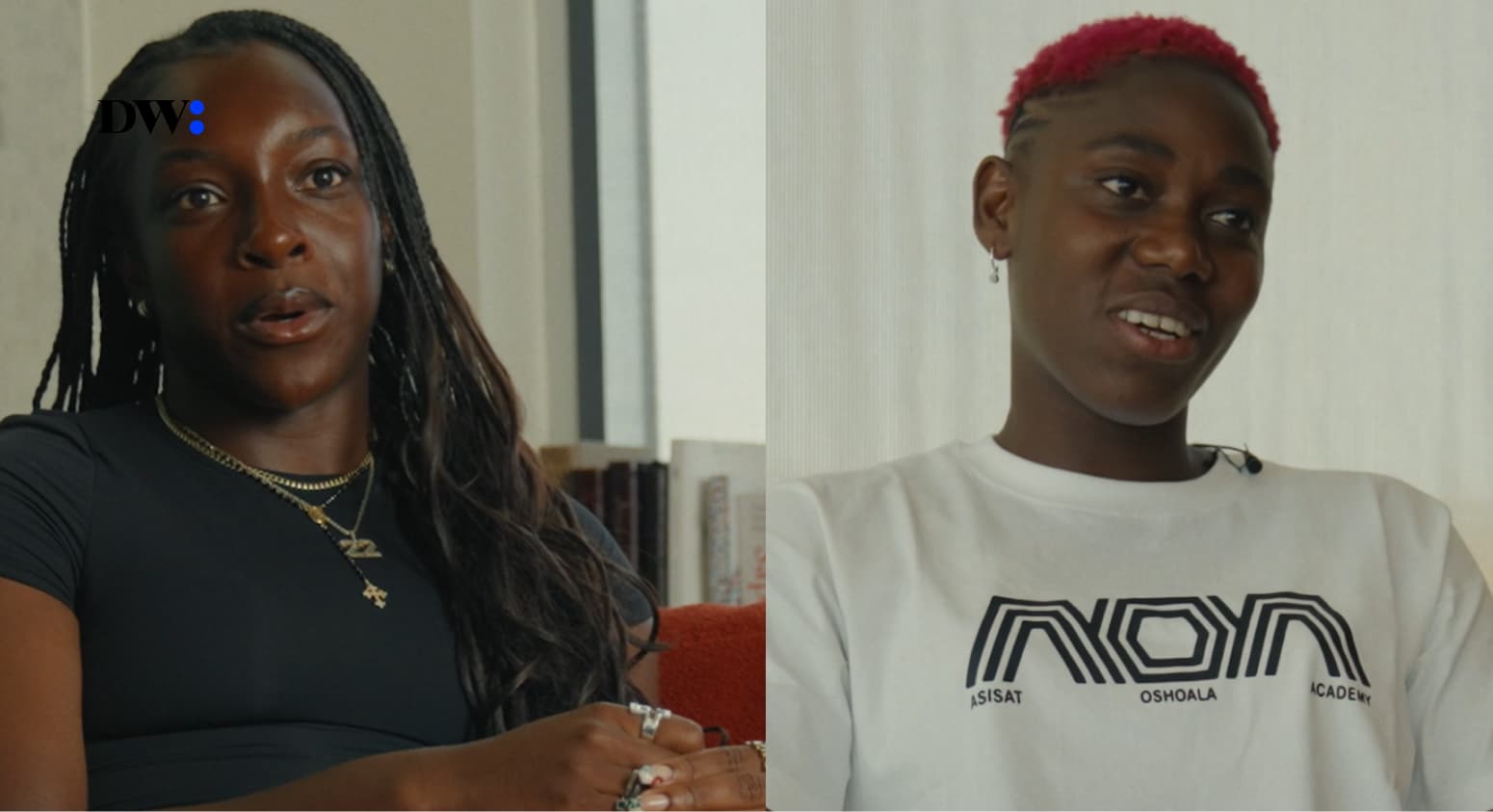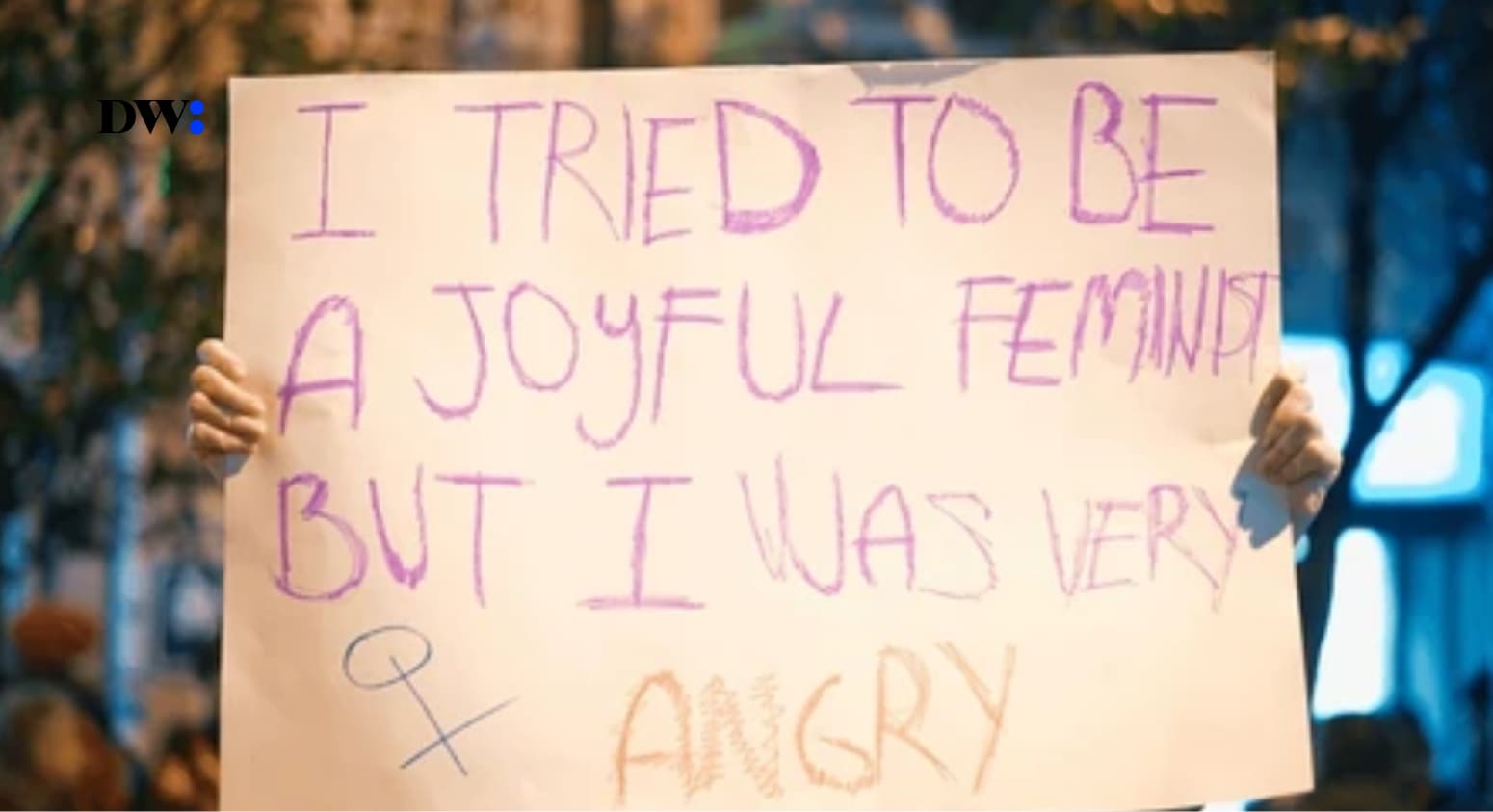Many people don’t believe in labels, but I believe there is power in naming things, ideas, concepts and most importantly, who we are. Bisexual erasure and biphobia are some of such concepts that should be called exactly as it is.
The term bisexuality refers to physical, sexual and romantic attraction to people of more than one gender. Bisexual erasure is a prevalent problem in which the legitimacy of bisexuality/bisexual people is questioned or outright dismissed. It is often portrayed in the media. A good example is in the case of Dr Callie Torres, a character in Grey’s Anatomy; a popular TV show. Torres was solely attracted to men and was even married to one until she met and fell in love with Arizona Robbins. Afterwards, Torres referred to herself as gay several times, even though it was pretty clear the character was bisexual. This is not an anomaly, misrepresentation of bisexual people happens often in media.
Like all forms of prejudice and discrimination, bisexual erasure affects our health, relationships, and general quality of life. Outside the LGBTQ community, bisexual women are often fetishized by heterosexual men. Even in the queer community, bisexual people are told to ‘pick a side’ or that we are just passing through a phase. This infantilizes us.
Bisexual erasure is a result of biphobia (dislike of or prejudice against bisexual people.) It is propagated by negative stereotypes. For example, many people believe that bisexual people are indecisive, promiscuous, unfaithful or just confused about their sexuality. When we try to talk about it, we are gaslit and dismissed, ironically by people even in the community. I spoke to a few bisexual Nigerians about this and it was a common experience.
The statistics and studies that exist on this subject are focused on Westerners, and so I decided to talk to Nigerians instead, especially Nigerian women, to get insight into our own peculiar experiences as bisexual people living in Nigeria.
For *Jumoke (25), bisexual erasure intersects with fatphobia. “I’m a femme bisexual woman. Most of the people I see in the community who are fat are studs. Or aren’t as fat as me. I have met lesbians that think I will cheat on them with a man. I see a lot of people saying bisexual people don’t know what they want. Bisexual people that cheat did not cheat because they are bisexual, They cheated because they are cheats. I spend a lot of time convincing people that I am not like their other experiences. And on top of that, that I am worthy of them because I’m fat. Fighting to be acknowledged, fighting to be seen, to be deemed worthy of companionship. I had to tell myself that just because I might never get a partner doesn’t make my sexuality any less valid.”
This is one of the most widespread misconceptions about bisexual people. Being bisexual is automatically reduced to being indecisive, especially in *Bimpe’s (22) experience
“Yeah, in the LGBTQ space I’m seen as transitioning to lesbian and I am seen as less of a queer person in comparison to the rest of the LGBTQ community and in a space with straight people, I’ve been told that I was doing it for attention, that I don’t act like a real bisexual person. But luckily I have some bisexual friends as well and we have some sort of community.”
Even bisexual men are not exempt from such discrimination, according to *Femi’s (21) account: “Many times, I am told by my other queer friends to just say I’m gay. Although they say it in a jocular manner, it still hurts because it makes who I am inexistent. I’m often told that I’m confused. I have met queer people who say they can’t date bisexual or pansexual people because they cheat more. Some people see you as a sexual tool who can adapt to whatever anyone wants.”
I want bisexual people to be allowed to experience the fullness of their identities without discrimination, and without others calling us what we aren’t.
*Harriet (21) shares this same sentiment.
“I hate how we are perceived as “partially straight” within the queer community I hate that people often ask for threesomes whenever they find out I am bisexual — we’re not sexual objects. Basically what I’m saying is, we’re not confused people or “partially straight” or “pretending, bisexuality is real and valid.”
Being mislabelled is a big deal to anyone, whether you openly identify with the label or not. Think of it as someone purposely mispronouncing or misspelling your name, even after you’ve corrected them several times.
In celebrating Pride Month, it’s important for our community to examine and challenge their beliefs about bisexuality. This also includes interrogating the sort of language that we use in describing bisexual people, to avoid mirroring the language of heterosexuals who discriminate against people in the LGBTQ community. Happy biphobia-free Pride!
*Names have been changed to secure the anonymity of contributors.





